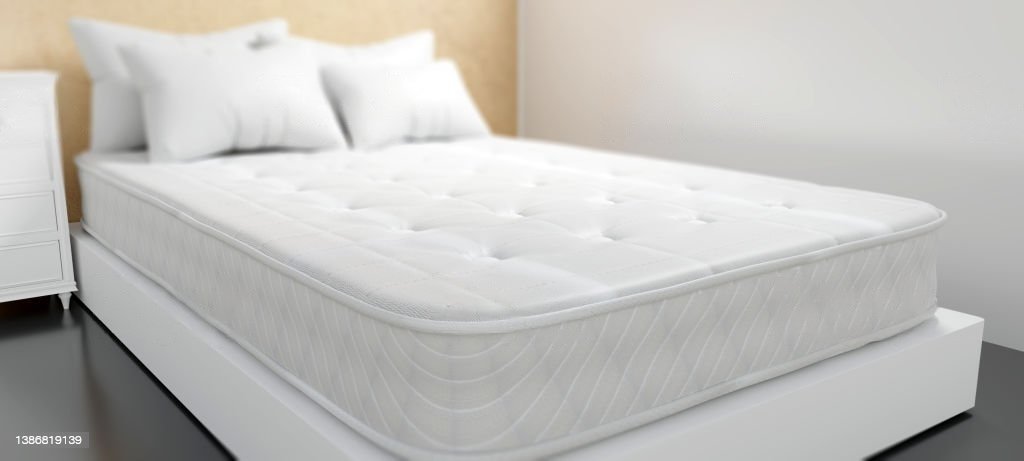Sleep Disorders and Mattress Solutions: Addressing Common Sleep Challenges.
Table of Contents
Introduction
Sleep disorders can significantly impact a person’s overall well-being and quality of life. Many individuals struggle with various sleep challenges, ranging from insomnia to sleep apnea. Fortunately, understanding the underlying causes and implementing suitable mattress solutions can greatly improve sleep quality. In this article, we will explore common sleep disorders, their effects, and recommend mattress solutions to address these challenges effectively.
Insomnia: The Battle to Fall Asleep
Insomnia is a prevalent sleep disorder characterized by difficulty falling asleep or staying asleep throughout the night. It can lead to daytime fatigue, mood swings, and decreased cognitive function. To combat insomnia, consider investing in a high-quality mattress that offers excellent support and comfort. Memory foam mattresses, known for their pressure-relieving properties, can promote better sleep by conforming to the body’s shape and reducing pressure points.
Sleep Apnea: Breathing Interrupted
Sleep apnea is a sleep disorder where breathing repeatedly stops and starts during sleep. It affects both the quantity and quality of sleep, leading to excessive daytime sleepiness and increased health risks. For individuals with sleep apnea, an adjustable bed paired with a medium-firm mattress can provide optimal positioning to open up the airways and reduce snoring. Additionally, using specialized pillows designed to support proper alignment can further alleviate sleep apnea symptoms.
Restless Leg Syndrome (RLS): The Uncontrollable Urge
Restless Leg Syndrome is a neurological condition characterized by an uncontrollable urge to move the legs, often accompanied by uncomfortable sensations. RLS can disrupt sleep patterns, making it challenging to achieve restful sleep. To address this disorder, consider investing in a mattress with motion isolation properties. These mattresses are designed to minimize motion transfer, ensuring that movements from restless legs do not disturb the sleep of a partner.

Narcolepsy: Sudden Sleep Attacks
Narcolepsy is a chronic neurological disorder that affects the brain’s ability to regulate sleep-wake cycles. It causes excessive daytime sleepiness and unexpected sleep attacks. While there is no cure for narcolepsy, certain mattress features can improve sleep quality. Look for mattresses with advanced temperature regulation, as individuals with narcolepsy may experience fluctuations in body temperature during sleep. Additionally, a supportive mattress solutions with good edge support can provide a stable sleep surface, preventing accidental falls during sleep attacks.
Sleep Hygiene: Establishing Healthy Habits
In addition to addressing specific sleep disorders, it is crucial to establish good sleep hygiene practices. This includes maintaining a consistent sleep schedule, creating a relaxing bedtime routine, and ensuring a comfortable sleep environment. When choosing a mattress, opt for one that suits your preferred sleep position and provides adequate support to align the spine properly. Avoid using electronic devices before bed, as the blue light emitted can disrupt the sleep-wake cycle.
Conclusion
Sleep disorders can be challenging to manage, but with the right mattress solutions and good sleep hygiene practices, significant improvements can be made. Investing in a mattress that suits your individual needs, such as memory foam for insomnia or an adjustable bed for sleep apnea, can make a world of difference. Remember to prioritize sleep hygiene, creating an environment conducive to restful sleep. By addressing common sleep challenges through appropriate mattress solutions choices and lifestyle adjustments, you can pave the way for a more restorative and rejuvenating sleep experience.

No Comments